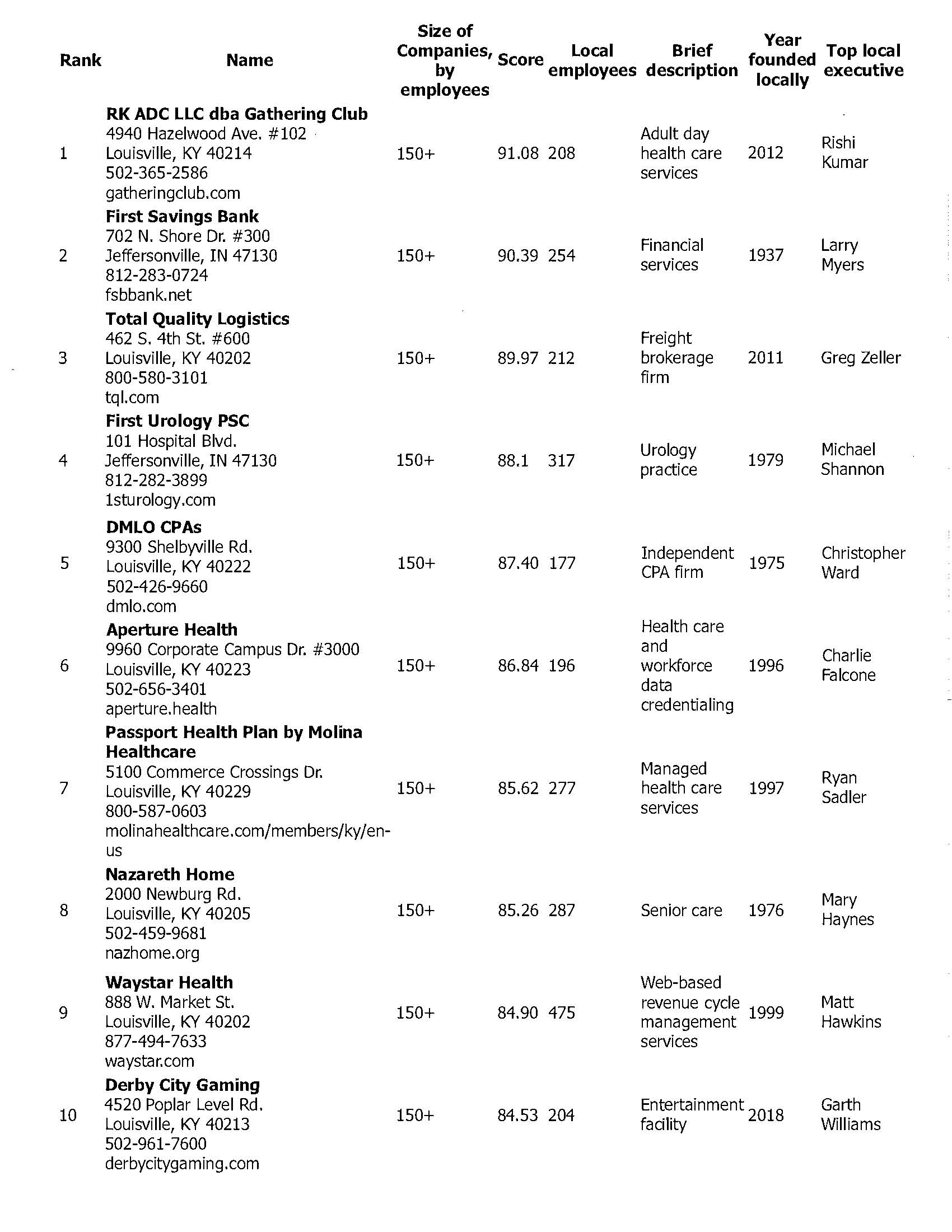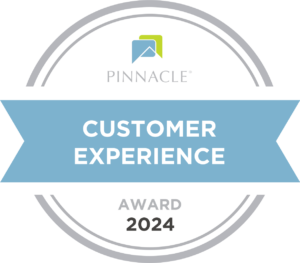1 | | 303 N. Hurstbourne Pkwy. #200
Louisville, KY 40222
502-412-5847 | 1,610 | 1,271 | 13,154 | Provider of senior living services | 1997 | Leigh Ann Barney
|
2 | | 680 S. 4th St.
Louisville, KY 40202
502-596-7300 | 700 | 700 | 22,000 | Long-term acute care hospitals and traditional community hospitals | 2021 | Rob Jay
|
3 | | 3701 Frankfort Ave.
Louisville, KY 40207
502-259-9627 | 686 | 658 | 686 | Independent and assisted living, personal care, rehab, memory care, skilled nursing | 1867 | J Scott Judy
|
4 | | 805 N. Whittington Pkwy.
Louisville, KY 40222
502-394-2100 | 580 | 608 | 47,377 | Parent company of a family of clinical, nonclinical, pharmacy and ancillary services | 1974 | Jon Rousseau
|
5 | | 6200 Dutchmans Ln.
Louisville, KY 40205
502-456-6200 | 539 | 501 | 633 | Hospice and palliative care organization | 1978 | David Cook
|
6 | | 12201 Bluegrass Pkwy.
Louisville, KY 40299
502-568-7800 | 530 | 1,013 | 8,359 | Skilled nursing, rehabilitation therapy services, non-medical home care, assisted living | 2007 | E. Joseph Steier
|
7 | | 300 E. Market St.
Louisville, KY 40202
502-779-4700 | 500 | 485 | 15,700 | Independent living, assisted living, supportive living, memory care | 1998 | John Moore
|
8 | | 2000 Newburg Rd.
Louisville, KY 40205
502-459-9681 | 400 | 368 | 400 | Personal care, memory care, rehabilitation-to-home and long-term care | 1976 | Mary Haynes
|
9 | | 4043 Taylorsville Rd.
Louisville, KY 40220
502-690-2648 | 330 | 250 | 330 | In-home senior care | 2006 | Nancy Galloway
|
10 | | 2701 Chestnut Station Ct.
Louisville, KY 40299
866-579-3181 | 298 | 298 | 3,125 | Pharmaceutical services for long term care facilities | 2021 | Randall Bufford
|
11 | | 4101 Taylorsville Rd. #200
Louisville, KY 40220
502-515-9515 | 235 | 290 | 235 | Provider of non-medical, in-home care for seniors | 1999 | Lynn Welch
Tracy Ames
|
12 | | 12710 Townepark Way
Louisville, KY 40243
502-254-4200 | 214 | 214 | NA | Affordable housing, long-term care, adult day care | 1884 | Mary Lynn Spalding
|
13 | | 406 Blankenbaker Pkwy. #G
Louisville, KY 40243
502-893-4700 | 207 | 193 | 207 | In-home care, supplemental staffing for medical facilities | 2010 | Christian McCutcheon
Leslie McCutcheon
|
14 | | 821 Ulrich Ave.
Louisville, KY 40219
502-540-1482 | 195 | 189 | 195 | Adults with intellectual and developmental disabilities services provider | 1979 | Kim Wickliffe
|
15 | | 211 W. Oak St.
Louisville, KY 40203
502-589-3211 | 192 | NA | 192 | All levels of service in independent living, rehabilitation, assisted living, personal, memory and respite care | 1984 | Steve Robison
|
16 | | 4545 Bishop Ln. #200
Louisville, KY 40218
502-238-5150 | 160 | 200 | 32,000 | Medicare certified home health agency providing skilled nursing and therapies | 1976 | Marlene Reynolds
June Lambert
|
17 | | 130 St. Matthews Ave. #302
Louisville, KY 40207
812-920-4760 | 154 | 42 | 400 | Senior living, assisted living and memory care services for the senior population | 2017 | Vinnie Barry
Todd Marsh
|
18 | | 2210 Goldsmith Ln. #209
Louisville, KY 40218
502-458-2273 | 132 | 80 | 132 | Non-medical in-home services for seniors and others | 2016 | Laura Curry
Michael Coffey
|
19 | | 10503 Timberwood Cir. #101
Louisville, KY 40223
502-244-8446 | 125 | 120 | 125 | Non-medical care provided in homes, hospitals, nursing homes, independent and assisted living | 1981 | Sara Olivencia
|
19 | | 2301 Hurstbourne Village Dr. #100
Louisville, KY 40299
502-426-9783 | 125 | NA | 125 | Personal care, meal preparation, dementia care, companionship, transportation, errands, chores, light housekeeping | 1996 | Terry Graham
|
21 | | 297 N. Hubbards Ln.
Louisville, KY 40207
502-548-1239 | 95 | 90 | 105 | In-home non-medical home care for mostly seniors | 2013 | John O’Callaghan
|
22 | | 33 State St. #308
New Albany, IN 47150
812-948-8330 | 82 | NA | 82 | Home-delivered meals, congregate meals, transportation services, attendant care, homemaker services, caregiver assistance | 1973 | Lora Clark
|
23 | | 2001 Stanley Gault Pkwy. #C
Louisville, KY 40223
502-244-1212 | 80 | NA | NA | Non-medical home care for seniors | 2012 | Steve Kochersperger
|
24 | | 4360 Brownsboro Rd.
Louisville, KY 40207
502-357-7030 | 47 | NA | 350 | Owner and operator of senior living and multi-family communities in Ohio, Kentucky, Tennessee, Florida and Michigan | 2003 | Brian Durbin
|
25 | | 3004 Taylorsville Rd.
Louisville, KY 40205
502-479-1906 | 45 | 45 | 45 | Non-medical in-home care for seniors provider | 2003 | Anne Cooper
|
25 | | 2633 Grant Line Rd.
New Albany, IN 47150
812-945-6868 | 45 | 48 | 45 | Provider of aged and disabled waiver services through Indiana Medicaid | 1981 | Tonya Hollins
Kelley Troutman
|
27 | | 1312 Pollitt Ct.
Louisville, KY 40223
502-882-3049 | 42 | 45 | 42 | In-home care personal care services, homemaking, transportation | 2013 | Jeff Flood
|
28 | | 9260 Stonestreet Rd.
Louisville, KY 40272
502-935-3300 | 31 | 31 | 31 | Specializes in caring for people with Alzheimer’s and other forms of dementia in resident and adult day health care programs | 2012 | Sheila Carter
|
29 | | 920 Dupont Rd. #200
Louisville, KY 40207
502-581-1111 | 27 | 27 | 27 | We connect seniors to care resources and help them preserve assets while obtaining benefits to help pay for long-term care. | 2002 | John Dotson
Kelly Gannott
Misty Vantrease
|
30 | | 904 Lily Creek Rd. #201
Louisville, KY 40243
502-814-3111 | 25 | NA | NA | Non-medical home care provider | 2010 | Amy Elsbury
|
30 | | 1300 Clear Springs Trace #4
Louisville, KY 40223
502-356-4377 | 25 | 19 | NA | Mobile primary medical care office with clinicians that utilize a multidisciplinary hospital-at-home program to manage and treat acute and chronic illnesses in your place of living | 2017 | Pamela Alvey
|
32 | | 501 State St.
New Albany, IN 47150
812-283-7015 | 22 | 11 | 22 | Non-medical care including help with bathing, dressing, grooming, toileting and general household services | 1991 | Gary Ward |

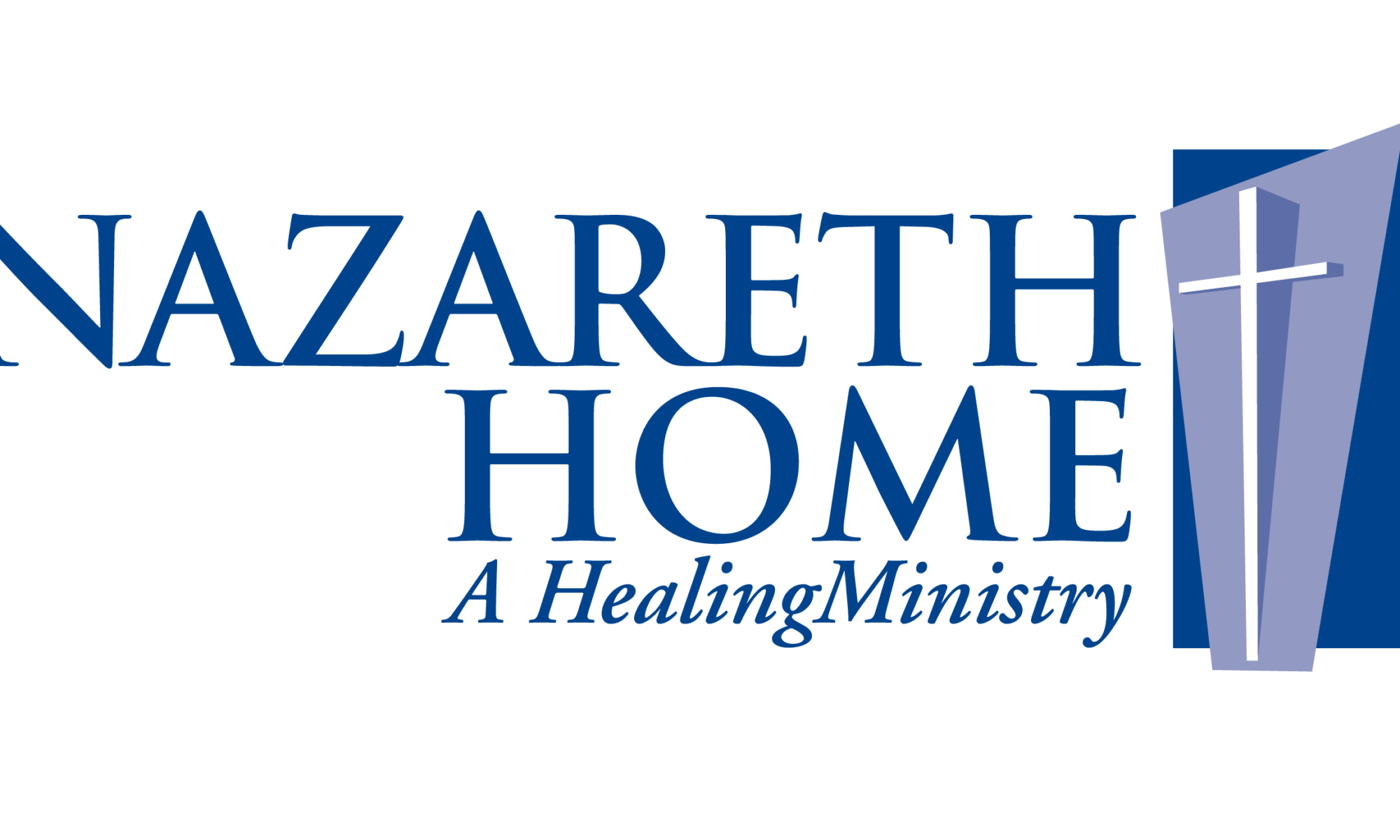
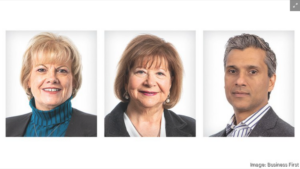 Louisville often calls itself the home of the aging care and aging innovation industry. We gathered three top professionals in the field to talk about the state of business and how they are navigating through major challenges in workforce, funding and attitudes toward senior populations. Joining this sponsored content conversation were
Louisville often calls itself the home of the aging care and aging innovation industry. We gathered three top professionals in the field to talk about the state of business and how they are navigating through major challenges in workforce, funding and attitudes toward senior populations. Joining this sponsored content conversation were 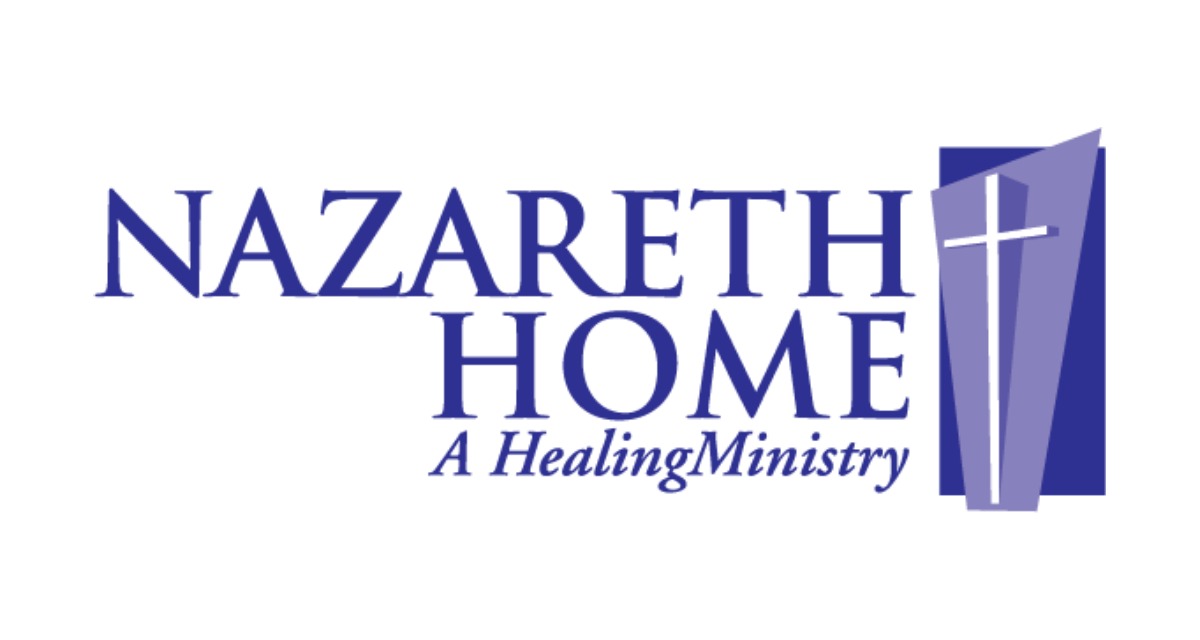
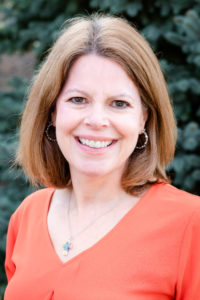 Nazareth Home announced Wednesday that Carrie Burns has been hired as its new director of development.
Nazareth Home announced Wednesday that Carrie Burns has been hired as its new director of development.
